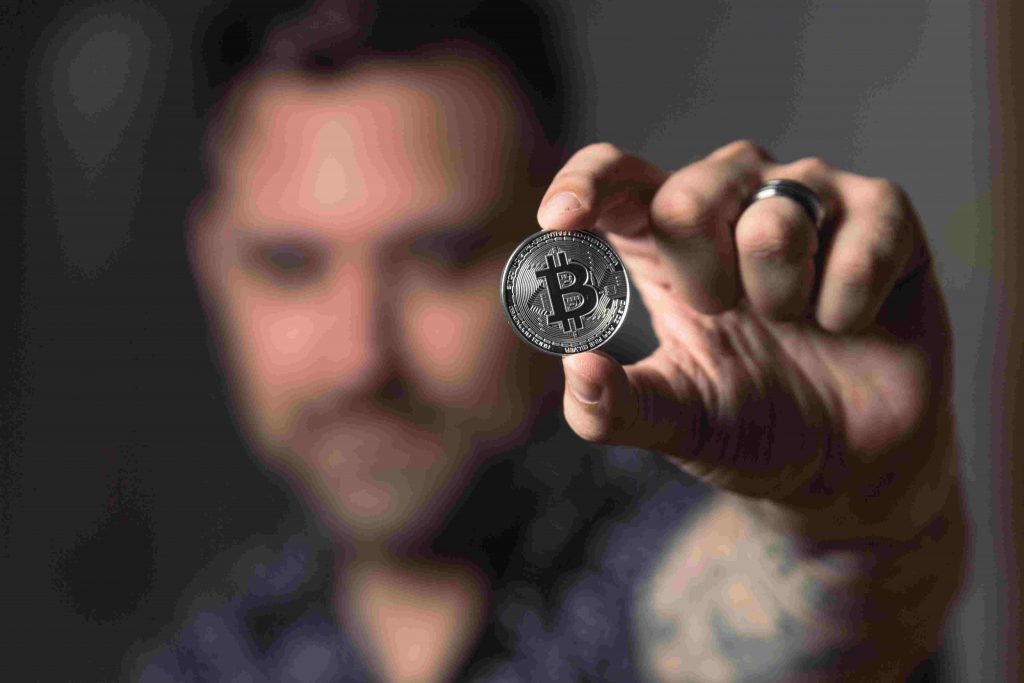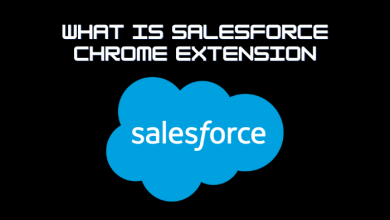Blockchain is a large distributed ledger that eliminates middlemen who add no value to a transaction, decreases fraud thanks to public keys that show where a currency is dispersed, and is very scalable. Compared to a centralized ledger, such as one used by a bank, which manages millions of accounts, it becomes a single point of failure. Transaction fees and administrative costs may be included in centralized ledgers, which can slow down and inefficiently process transactions.
A blockchain ledger is just a growing collection of records known as encrypted blocks. Every peer-to-peer operation on a blockchain is timestamped, and the data is resistant to change since the database is immutable. Despite the fact that the first blockchain was created in 2008, the current market’s boom of Bitcoin has aided in the advancement of blockchain technology.
Apart from cryptocurrency, developers see blockchain’s potential in its capacity to place complete control in the hands of a user. Every day, new blockchain-based application concepts emerge without the interference of powerful third parties.

Contents
Smart Contracts
Smart contracts established on the Ethereum blockchain can manage financial, semi-financial, and non-financial agreements, such as encrypting voter information for an election, unlike other cryptocurrencies that are exclusively focused on currency exchange. Smart contracts have surely expanded the blockchain industry’s prospects for businesses and developers.
These crypto contracts can be fully performed without the requirement for human contact once the criteria are defined. For example, Conrad Barski, CEO of Forward Blockchain, talked about his favorite band and how he wanted to help finish their latest record by sending money or Ether (computational code used for payment on the Ethereum blockchain). The band joked about being sent Ether and asked if it might be divided into three parts to help them stay motivated.
Barski could have coded his smart contract to disperse chunks of that Ether once the band fulfilled their end of the bargain if he wanted to. In the case of this band, three tracks were required to complete the album. Without any human engagement, each completed song would have successfully motivated a third of that Ether.
Smart Contracts in Social Media
An open-source project called TweetWallet, a distribution of Ether through a user’s Twitter account, is another interesting concept we found leveraging smart contract technology. TweetWallet was created with the goal of improving the situation of private key management.
Every person on a decentralized peer-to-peer blockchain has their unique private key, which serves as their identification.
The current condition of private key management, on the other hand, can be inconvenient for a common user. TweetWallet is intended to leverage the simple-to-use platform of a social media site like Twitter and utilize smart contracts to allow users to transfer and receive Ether.
The creator of TweetWallet has identified a few issues with the application. To begin with, social media profiles aren’t always reliable third sources because not all Twitter accounts are genuine. Also, TweetWallet makes use of Oraclize to offer an ID that identifies the contents within the smart contract and then delivers a key to the user, who is the intended recipient of the transaction. Oraclize is a widely trusted third party, yet it is still a middleman at the end of the day
Smart Contracts in Healthcare
Forward Blockchain was founded by Conrad Barski, a doctor and Ethereum smart contract developer, with the goal of altering the way hospitals around the world keep data. Because data storage procedures in the medical business have historically been highly conventional, vast amounts of data are saved in multiple databases, according to Barski. This creates a three-fold issue:
- This much data storage, whether on the cloud or hardware, is prohibitively expensive.
- These databases necessitate ongoing monitoring and management by IT experts, which can be costly.
- Every new server is a potential target for cybercriminals. A data breach can be disastrous for a hospital because these systems store incredibly sensitive information.
Forward Blockchain, a decentralized database for hospitals based on the Ethereum blockchain, is his answer. Although HIPAA-sensitive data is best preserved (for the time being) on a regular database, much of the other data isn’t. Everything from medical licensing and certification information to equipment inspection reports can be conveniently saved, secured, and accessed by hospital workers thanks to Forward Blockchain.
Patients can check on a doctor’s license or certification history using Forward Blockchain’s smart contract technology, which allows many people to read but few to write. Government officials can update a doctor’s current licenses or certificates on the same platform if necessary.
The Future of Blockchain Technologies
At Tech in Motion‘s recent event in Chicago, a panel of crypto professionals from diverse industries debated the future of blockchain technology. In industries like file storage or identity management, where all assets or licensing information is digital, the prevailing belief was that using blockchain was a “homerun.” For example, if you work as a stock photographer or a musician and rely on digital rights management to make a living, blockchain technology could be ideal for you.
However, panelist Daniel Mason, Vice President of Business Development at Springcoin, believes that properly using blockchain technology in the medical or supply chain industries may be problematic. He gave the example of Forward Blockchain and its limitations because of the legislation governing patient-sensitive data. Barski concurred, stating that HIPAA may need to be modified before hospital data can be properly stored on the blockchain.
Banks can also use blockchain technology to help them collaborate with other financial institutions and reduce expenses associated with central recordkeeping, according to Dr. Tejas Shastry, Vice President of Data Science at GreenKey Technologies. Banks will aim to make interbank transactions more secure for clients as our understanding of blockchain grows.
Conclusion
Despite the fact that blockchain technology is far from flawless, it is the most recent breakthrough that has piqued the curiosity of developers and investors throughout the world. Blockchain technology is still in its infancy, and everyone, from small businesses to corporate behemoths like Microsoft, is working to better comprehend it. If you want to use Blockchain, you will need crypto, you can buy bitcoin with apple pay.



